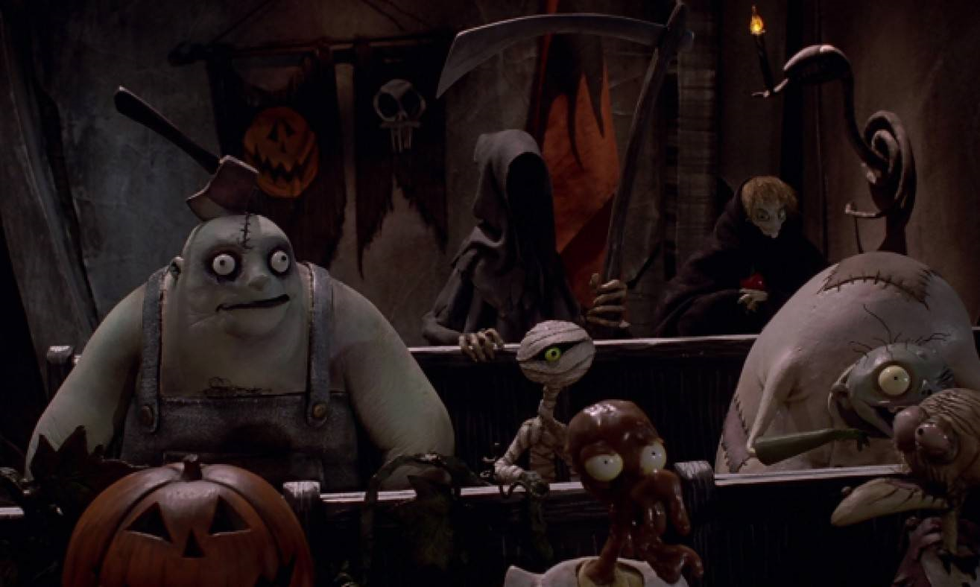Studying skeletons can tell you a lot about what it means to be human, from a scientific standpoint of course. "The Nightmare Before Christmas" takes it a step further by having a walking, talking skeleton have very human struggles.
Since its release in 1993, the stop-motion animated musical film has become a cult classic and a staple during both the Halloween and Christmas seasons.
I myself remember watching "The Nightmare Before Christmas" many times throughout my childhood, completely entranced by the catchy songs and a world where each holiday is its own town. For the past three years, I've even made it a personal tradition to watch it on Halloween night since it also provides a graceful transition into the Christmas spirit (even though there's still Thanksgiving, but we won't worry about that).
But despite its popularity among kids as a Disney animated film, it didn't quite start out that way. Disney thought the movie too dark and released it under their sub-banner Touchstone Pictures to provide some distance, that is, until it became a critical success.
It's understandable since the plot basically boils down to a bunch of grotesque monsters trying to hijack all the good things about Christmas, but when you're young, it's all just a fun, silly adventure.
The same can be said of Jack Skellington, the Pumpkin King who has grown tired of his title and the instigator of the whole Christmas-stealing operation. He's charismatic, intelligent and idealistic, yet the recognition that he gains from it doesn't seem to be enough for him.
Although his motivations throughout the movie are spelled out quite clearly, I didn't really understand the thought process behind them when I was younger. Now that I'm older and watch Jack's misshapen adventure year after year, I find it eerily relatable.
What Jack Skellington shows in "The Nightmare Before Christmas" is that the monster that we should be scared of isn't the one under our bed, it's the one in ourselves that makes us discontent with what we have. This is excellently exemplified in the song, "Jack's Lament."
Here, he details that even though he's able to go above and beyond with his job, it fails to bring him joy and satisfaction like it used to. Instead, he's caught up in the monotony of the life he leads and wishes to break free of it.
In short, he's on the edge of a burnout.
As a young adult who has yet to start a career, that thought is always in the back of my mind. I'm working towards a job in a field that I love and am passionate about. But when I get there, will I really be happy with it? And what if I'm not?
It's no wonder why Jack is so recklessly eager to find a new purpose. Although it doesn't work out that well for him, what with the "real" world being soundly traumatized, the resident bogeyman trying to take over Halloween Town and Santa nearly getting killed, Sally maintains herself as the voice of reason throughout the entire ordeal and is able to help Jack reaffirm his identity.
Although "The Nightmare Before Christmas" has a happy ending, it's because it provided an effective solution to what could be considered a common problem. When you're feeling empty and dissatisfaction, you don't fill it with the first thing that catches your attention. Instead, you take a break and get some outside perspective.Above all else though, make sure you don't mix your holidays and have a spooky Halloween.























